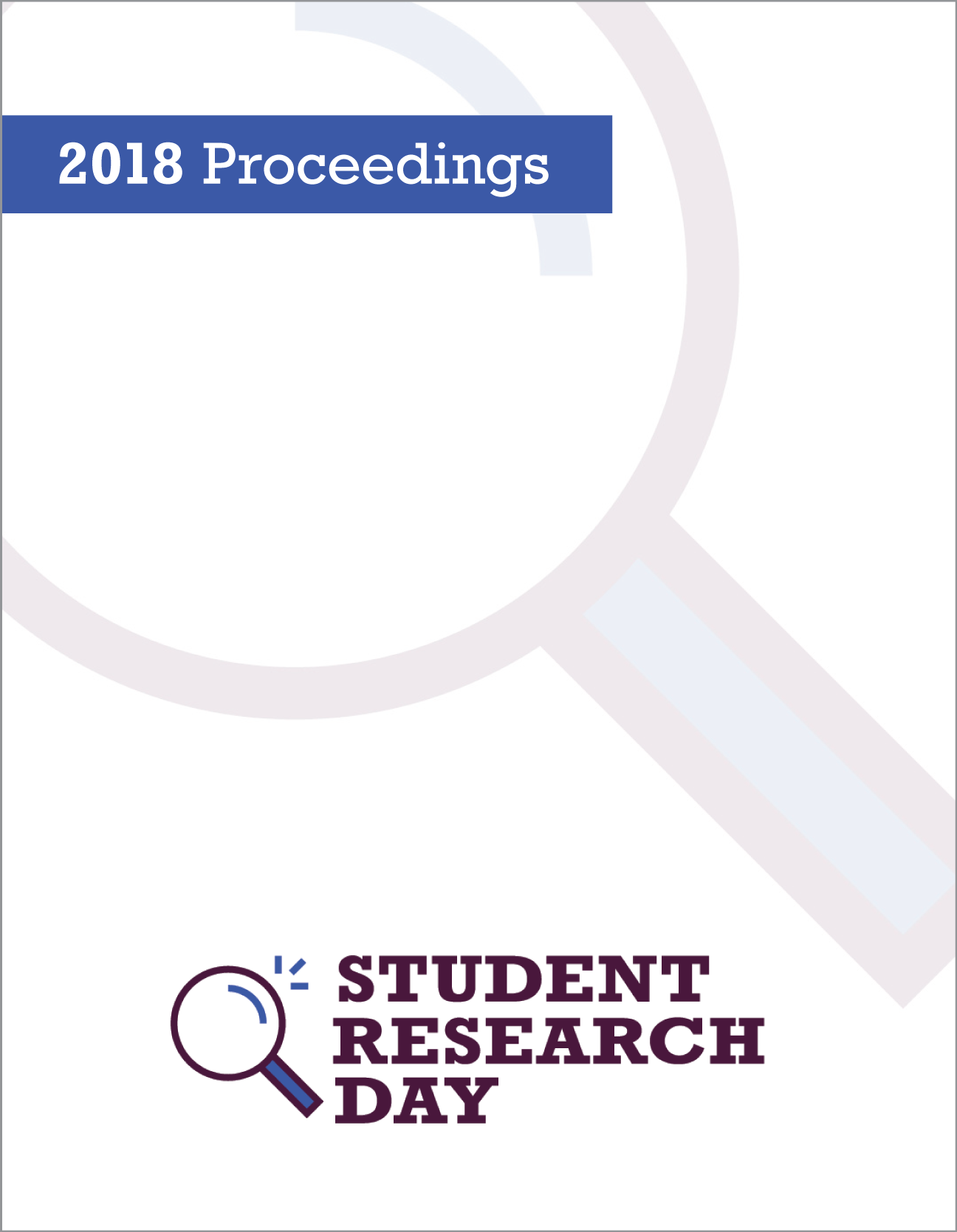Single Session Induction of Incremental Mindset to Reduce Procrastination in First-Year University Students
Abstract
Procrastination is a prevalent condition defined by self-regulation difficulties, particularly postponing the start and competition of important tasks (Aftab et al. 2017). Everyone procrastinates from time to time, but procrastination is especially prevalent in post-secondary education. My research will investigate the influence of incremental (growth) mindsets on procrastination. An incremental mindset is a mindset characterized by believing that your personal attributes, such as work ethic and impulse control, can be changed (Howell, 2016), and. previous research by Howell and Buro (2009) found a negative correlation between procrastination and an incremental mindset. In our study, we propose to use a single session incremental mindset induction procedure, or a sham induction procedure, with introductory Psychology students in the Fall 2018 term. After the induction procedure, we will periodically assess student mindset, the submission times for various online assignments relative to their due date to assess procrastination, and student grade outcomes. We will then analyze how student mindset relates to the likelihood of procrastinating on these academic tasks and correlate assignment submission times with student grade outcomes. We predict that students who have undergone the incremental mindset induction procedure will be more likely to adopt an incremental mindset, have lower levels of procrastination, and have higher grades on submitted work than those who received the sham induction procedure. The results of this study could help first year university students by giving them a mindset induction that helps them combat their procrastination that is cost effective, long-lasting, and quick to administer.
Discipline: Psychology
Faculty Mentor: Dr. Eric Legge
References
Published
Issue
Section
License
Authors retain any and all existing copyright to works contributed to these proceedings.



